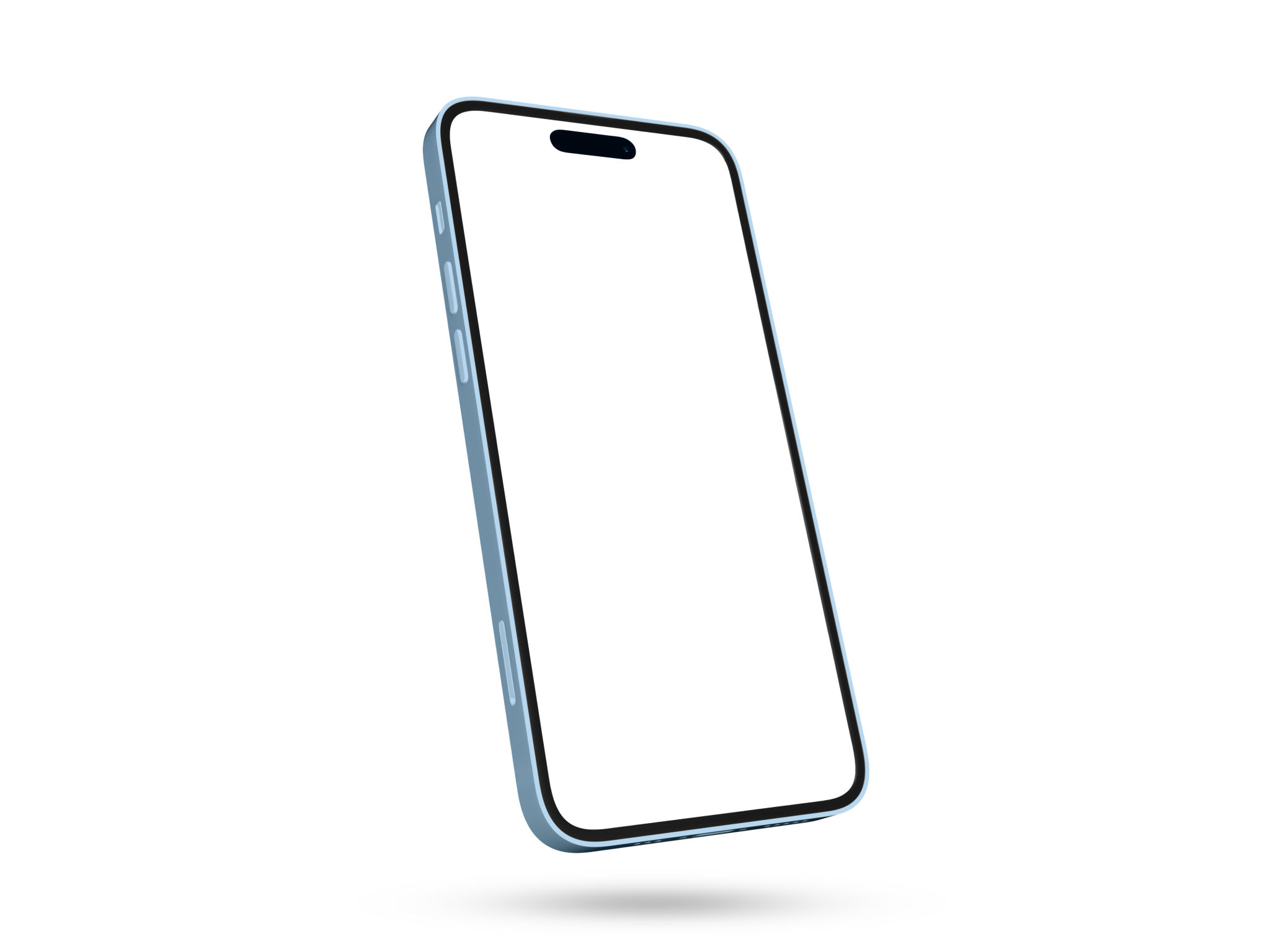Top Web Design Trends in Madagascar Right Now
Embracing Minimalism
One of the most notable web design trends in Madagascar is the shift towards minimalism. This trend emphasizes simplicity, focusing on essential elements and reducing clutter. By using ample white space, clean lines, and a limited color palette, designers create a serene and focused user experience.
This approach not only enhances site aesthetics but also improves loading speeds, crucial for areas with limited internet connectivity. The minimalist design aligns with the global trend of making websites more user-friendly and accessible.

Rich Local Imagery
The use of rich local imagery is another trend gaining traction in Madagascar. Websites are increasingly incorporating images that reflect the country's diverse landscapes, culture, and wildlife. This not only adds visual appeal but also builds a strong connection with local users by promoting national identity.
High-quality photographs of Madagascar's unique flora and fauna, vibrant markets, and traditional crafts are commonly used to engage users and tell a compelling story about the brand or service.
Responsive and Mobile-First Design
With the rise in smartphone usage across Madagascar, adopting a mobile-first design strategy is essential. Designers prioritize mobile responsiveness to ensure that websites function seamlessly on various devices. This trend is driven by the need to provide a smooth user experience for the growing number of mobile internet users.

By focusing on mobile-first design, businesses can reach a broader audience and improve engagement rates. This approach also aligns with global best practices, ensuring that websites are optimized for both speed and performance on smaller screens.
Incorporating Traditional Patterns
Madagascar's rich cultural heritage is being reflected in web design through the use of traditional patterns. Designers are creatively incorporating motifs and patterns inspired by traditional textiles and art forms into digital interfaces.
This trend not only enhances visual appeal but also allows businesses to showcase their cultural roots, making their online presence more authentic and distinctive. The use of these patterns can be seen in backgrounds, borders, and decorative elements throughout the websites.
Interactive User Experiences
Interactive elements are becoming more prevalent in Madagascar's web design scene, enhancing user engagement and providing memorable experiences. From dynamic scrolling effects to interactive maps and quizzes, these features encourage users to explore and interact with content.

The trend of integrating interactive elements is driven by the desire to capture user attention and keep them engaged longer. By offering an immersive experience, websites can effectively convey information while entertaining their audience.
Sustainable Web Design Practices
Sustainability is increasingly influencing web design practices in Madagascar. Designers are adopting sustainable web design techniques to minimize environmental impact. This includes optimizing images for faster loading times, reducing server load, and implementing energy-efficient coding practices.
By focusing on sustainability, businesses not only contribute to environmental conservation but also improve their website's performance. This trend aligns with the growing global emphasis on eco-friendly practices in all aspects of life.
Typography as a Design Element
Typography is being used as a prominent design element in Madagascar's web design landscape. Designers are experimenting with unique fonts, bold headlines, and creative text placements to make content stand out.

This trend allows for greater creativity and expression while maintaining readability. By using typography strategically, designers can guide users' attention and enhance the overall aesthetic appeal of a website.
The Rise of Dark Mode
Dark mode is gaining popularity in Madagascar's web design trends. This feature offers an alternative color scheme that reduces eye strain in low-light environments. It also contributes to energy savings on OLED screens by using less power for darker pixels.
The adoption of dark mode not only meets user preferences but also enhances the modern look of websites. As more users become accustomed to this option, incorporating dark mode is becoming an essential consideration for designers looking to stay current with global trends.